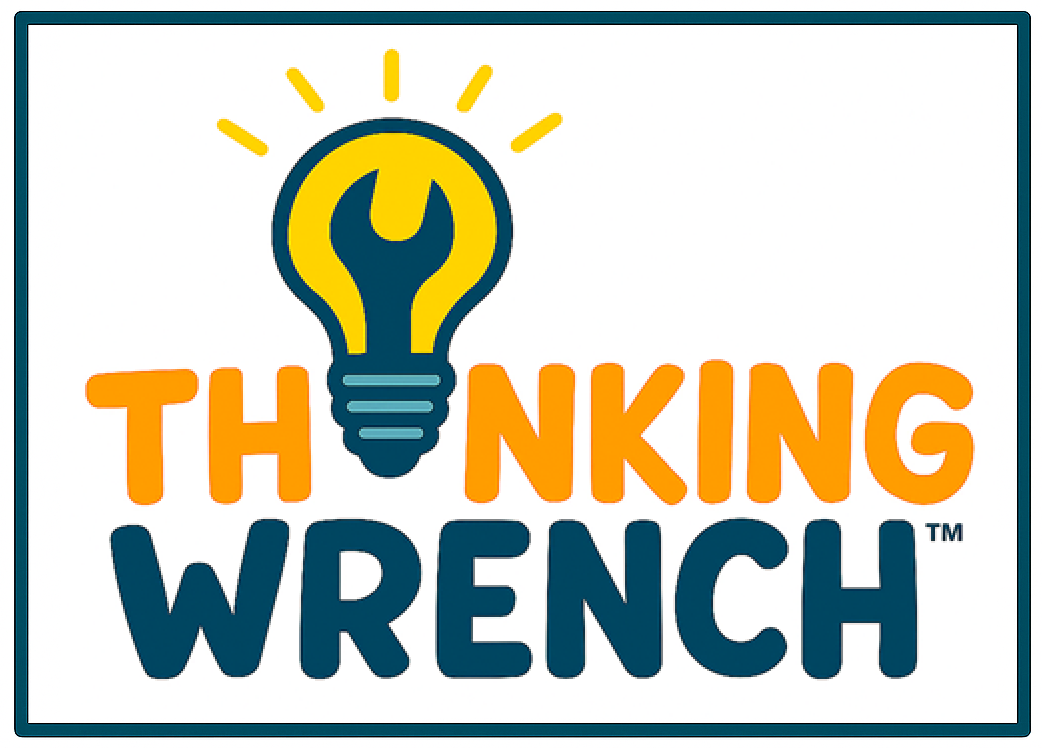How Hands-On STEM Workshops Build Skills Beyond the Classroom
When kids pick up tools, build circuits, or test out ideas with their own hands, something powerful happens. They don’t just learn science — they grow confidence, persistence, and real-world skills that carry far beyond the classroom. At Thinking Wrench, we believe curiosity deserves a toolbox. And research backs us up: hands-on learning makes a difference.
1. Boosting Motivation and Confidence
Young children light up when they get to explore through touch, building, and experimentation. One study with preschoolers found that kids who participated in hands-on science activities showed significantly higher motivation to learn compared to those who only listened or watched demonstrations (Uyanık, 2017).
For parents, this means workshops don’t just fill an afternoon — they inspire kids to keep asking questions, try new things, and believe in themselves.
2. Strengthening Core Skills
Hands-on activities also build the foundational “process skills” that scientists and engineers use every day: observing, predicting, testing, and adjusting. In one study, children who engaged in STEM workshops developed stronger scientific process skills than their peers in more traditional settings (Demirbaş & Yılmaz, 2024).
That means when your child builds a bridge out of wood, wires a circuit, or tests how weight affects a design, they’re practicing the same habits that professionals use to solve problems.
3. Creating Positive Attitudes Toward Learning
School can sometimes feel stressful or dull, but hands-on STEM can flip that script. A recent study of 9–13-year-olds found that kids who participated in interactive science workshops felt more joy, less boredom, and more interest in science topics and careers afterward (Weinert et al., 2024).
Parents often notice the difference right away: instead of dreading “science,” kids start talking about what they can build, test, or create next.
4. Helping Learning Stick
It’s not just about having fun — hands-on learning improves results. A Harvard study showed that students in active learning classrooms performed significantly better on tests and retained knowledge longer, even though it felt harder than traditional lectures (Deslauriers et al., 2019).
For your child, that means what they do in a Thinking Wrench workshop doesn’t stop at the workshop table. It carries back into school, homework, and beyond.
5. Building Lifelong Traits
Finally, hands-on learning nurtures qualities that go beyond academics: curiosity, resilience, and a growth mindset. Reviews of early STEM programs show that these experiences help children develop critical thinking, creativity, and persistence — traits that prepare them for any future path (McClure et al., 2020).
These are the same skills that power trades like carpentry, mechanics, and electrical work, as well as engineering and science careers.
The Takeaway
When kids learn by doing, they don’t just build projects — they build futures. Hands-on STEM workshops foster motivation, resilience, and real-world skills that textbooks alone can’t provide.
That’s why at Thinking Wrench, we’re committed to creating hands-on, vocational-focused STEM experiences for K–8 students in the Phoenix East Valley.
👉 See our upcoming workshops and give your child the chance to turn curiosity into capability.

